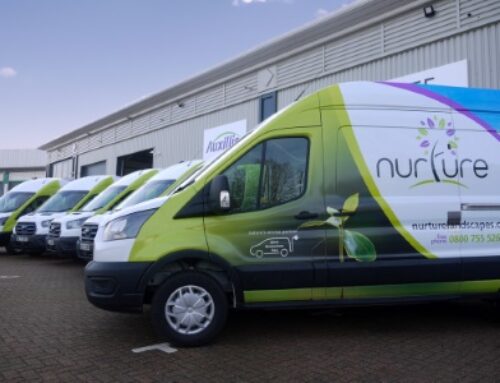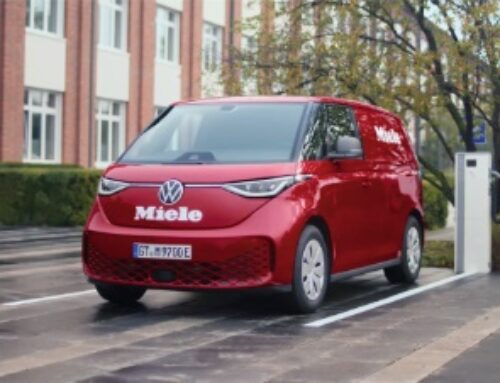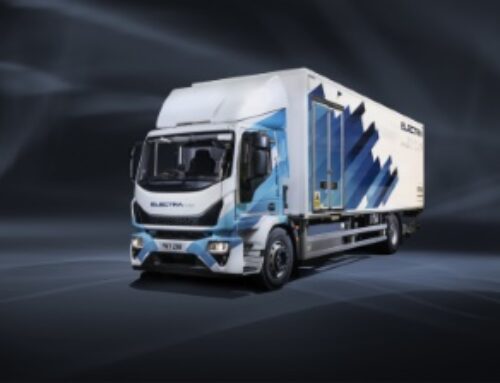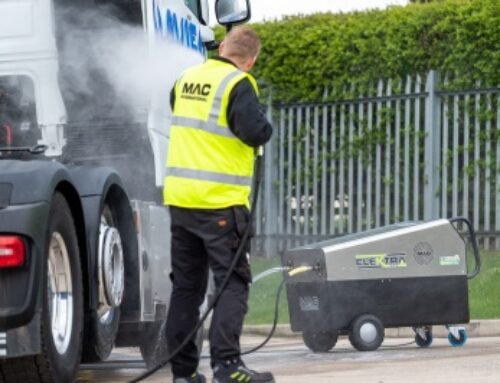Antares offers battery advice for specialist fleets
 Graham Young, general manager at battery and charging systems supplier Antares TDC, offers his take on how specialist fleets can help prevent battery problems
Graham Young, general manager at battery and charging systems supplier Antares TDC, offers his take on how specialist fleets can help prevent battery problems
Are you responsible for managing a specialist fleet and plagued by battery issues? If so read on; we may have the solution.
A little known fact is that batteries differ in many subtle ways not shown up by their ampere hours and cold cranking amps.
We are all familiar with a start battery, since all vehicles have them. Unfortunately, commodity start batteries seem to be used indiscriminately on specialist fleets, where a battery needs to be selected to perform a particular role. Mismatching the battery to the application will shorten life and not provide the desired performance.
The following recommendations come from a holistic approach, which Antares TDC has been applying to the design, selection and supply of batteries and auxiliary electrical power systems, on behalf of our blue-chip customers in the emergency services, military and other professional fleets.
1) Understand how the battery is used: stand-by, cyclic or ‘twilight’ charging. Misunderstanding this is the main cause of battery failure in specialist fleets today. All batteries have three design lives to consider: life when left in a fully charged state, which can be 7-10 years; its ability to cycle (charge/discharge); and use in the ‘twilight zone’ – neither being fully charged nor fully discharged. The last is the most typical for a specialist vehicle or trailer that is not grid-charged. When coupled with cyclic use, this will kill all but the specialist GEL or Lithium Ion batteries.
2) Understand your true replacement/in-service failure costs. When a battery fails it costs your organisation money. Many assume the new battery cost in the calculation. The true value will include callout, diagnostic time, order processing, and of course vehicle off-road time. This cost varies depending upon your operation, and is usually more than you wish to imagine. Knowing this accurately will determine how much you should pay for improved performance or indeed, if you are overpaying.
3) Don’t think of a battery in isolation – always think of the full power system. Batteries are wrecked by leaving in deep discharge, overcharged, undercharged and misapplied charging regimes. Match your battery to the other components and the OEM chassis system. Smart charging can play havoc with auxiliary batteries and needs specialist techniques.
4) Always optimise battery selection, power system and operational requirement for the lowest cost of ownership. Avoid falling for initial cost as this will usually lead to a mismatch – inexpensive batteries may be cheap for a reason.
5) Apply an engineering approach. Use your in-house expertise, or engage suppliers or consultants who have a proven track record. Properly design any proof of concept before committing to change, be methodical about any tests, and verify the performance of any changes to the battery or charging specification.
6) Buy from reputable manufacturers. Good manufacturers pay attention to quality control. This means that the batteries produced will perform consistently making it easier to control your costs. Every battery will wear out, but at least you know it will perform correctly through its design life.
7) Act now to understand your problem. Battery problems won’t go away and the costs and hassle will remain. Careful analysis as described here will leave you with the decision to live with it or make a change. Either way it will put your mind at rest that you have not procrastinated.
At Antares TDC we have been providing consultancy, designing systems, supplying batteries and developing innovative charging methods since the early ‘90s. We were the early pioneers of innovative technologies adopting priority split charging, cyclic GEL technology and Virtual Alternator smart charging.
Antares TDC has developed the auxiliary electrical power systems business with our clients by combining systems engineering and proven supply chain methods.











